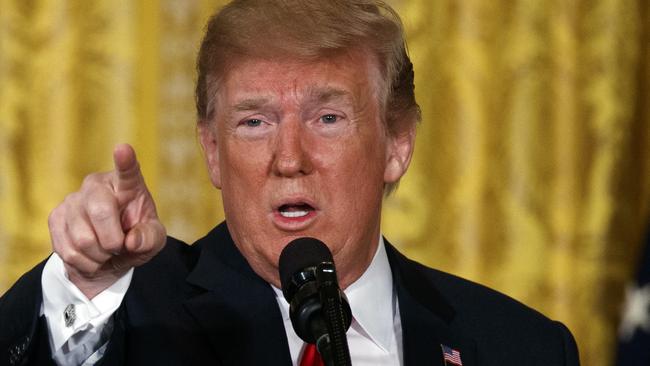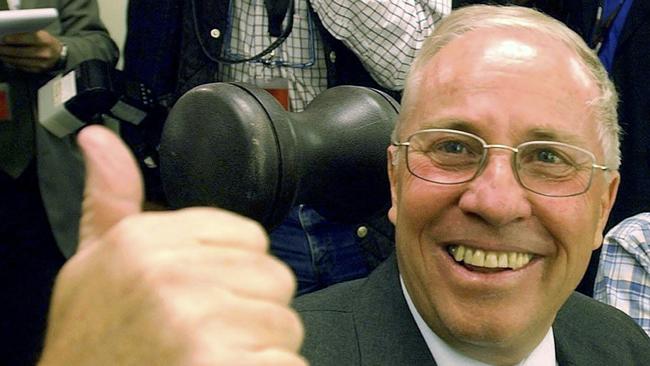Obsessive media coverage risks fuelling the rise of Donald Trump

As a Swiss journalist, I’ve followed US politics and media since the Clinton administration. But when I moved to Boston five months ago, I got a new perspective, and it has stunned me. I’m subscribed to several major newspapers, including The New York Times, The Washington Post and The Boston Globe. Too much of the press is obsessed with the US President.
In The New York Times, I counted 14 articles dealing with Trump in a recent Friday edition. One of them, an editorial, was titled “The Cult of Trump” and accused Republicans of revolving around a man rather than ideas. Could it be that the media’s excessive Trump coverage is a kind of cult, too? Could it be that, as important as this presidency indeed is, other relevant issues are crowded out?
To be sure, the media must report and comment at length on events such as the G7 and North Korea summits. They must analyse in detail the withdrawal from the Iran deal, the imposition of tariffs, and turnover in the administration. It is journalists’ duty to investigate and criticise every president and administration.
Yet many news organisations allow Trump to dominate the news cycle even when it comes to trivialities. Do his tweets about Kanye West, Roseanne Barr, the National Football League’s national anthem policy and the latest twist in the Stormy Daniels case warrant the scale and scope of the coverage?
The Trump hysteria extends to the President’s family and friends. When a reporter from The Boston Globe disclosed that “a small number” of Harvard alumni mocked Jared Kushner in their 15-year reunion book (“Shame on you!”), the newspaper ran the scoop on its front page.
From a Swiss perspective, this all seems familiar. In the 1990s, my country saw the rise of a man later described as the first populist in Europe, Christoph Blocher.

The billionaire entrepreneur took over the Swiss People’s Party and transformed it into a conservative, Eurosceptic and immigrant-weary movement. Blocher dominated the headlines for years, much the way Trump does in the US. Amid dire warnings by virtually every Swiss news outlet, Blocher’s party increased its share of the vote constantly, from around 10 per cent to 30 per cent. In retrospect, it’s accepted that Blocher’s exuberant media presence, and his demonisation, helped him rise. While meaning to do the opposite, the media made him the hero against the “political class”. Similarly, Trump’s approval numbers are higher than when he was elected, and many Republicans who once were ambivalent now support him. British Foreign Secretary Boris Johnson said in a private conversation, reported this month: “I am increasingly admiring of Donald Trump. I have become more and more convinced that there is method in his madness.”
Johnson is a former journalist, and it’s worth thinking about how the method works on the press.
We are all locked in this symbiotic relationship: Trump, the media and the audience. Who will break out first? Certainly not Trump. Most likely not the media. So we will have to wait until the audience gets tired and stops reading articles just because of the T-word in the headline.
Patrik Muller is editor-in-chief of Switzerland’s AZ Medien.


